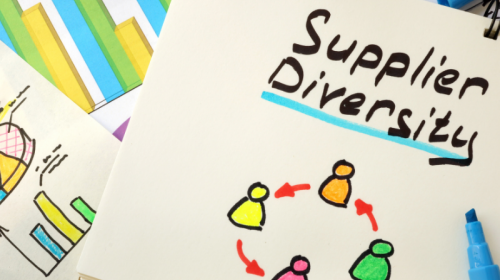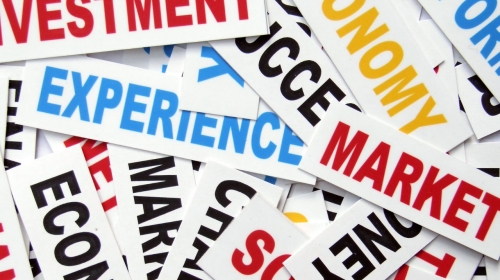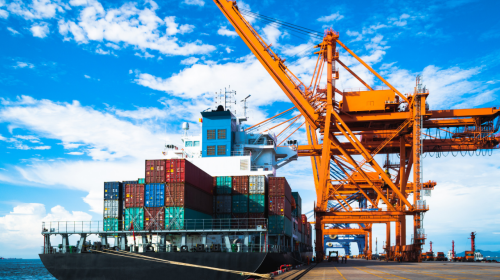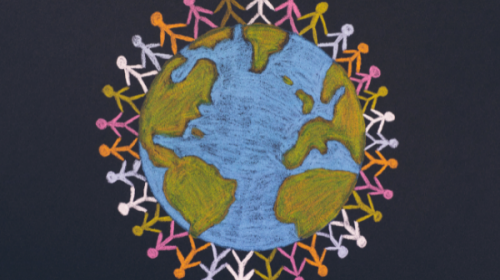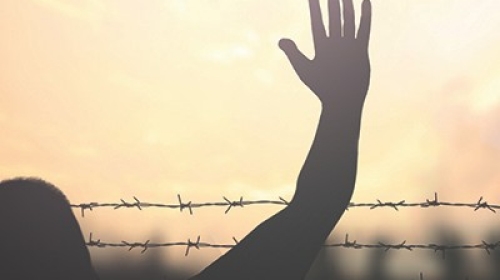WEBINAR: Corporate citizenship leaders from Dow and Thermo Fisher Scientific explain how supplier diversity can generate serious gains in workforce inclusiveness, innovative products, improved services, job growth, community impact, and even supporting decarbonization goals.
Modern Slavery: Driving solutions to detect and eliminate human rights abuse in supply chains
Related Content
RESEARCH BRIEF - To understand the relationship between different types of corporate social responsibility (CSR) messages and consumer trust, researchers surveyed participants about the CSR reputation of a specific unnamed company.
RESEARCH BRIEF - To understand whether an increase in available CSR information affects supplier contracting decisions, researchers gathered over 3,500 supplier-year observations.
RESEARCH BRIEF - Can companies increase worker compensation for employees earning low wages without a negative impact to the bottom line?
RESEARCH BRIEF - To understand how mandatory ESG disclosures might affect firms’ supply chain due diligence, researchers analyzed 1,500 firms from 2005-2016, reviewing nearly 10,000 firm year observations.
WEBINAR: Re-watch this webinar to learn about the increasing demand for due diligence in global supply chains and one approach to due diligence that involves connecting directly with workers.
Canada’s Bill S-211—currently in committee at the House of Commons—aims to address forced labor and human rights abuses within corporate supply chains.
REGULATORY RADAR - The Uyghur Forced Labor Prevention Act (UFLPA) has been in effect in the United States as of June 21, 2022.

